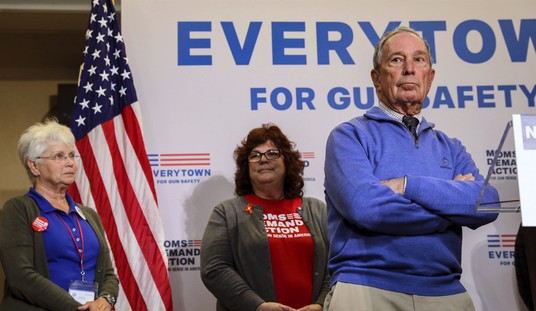[It seems that every time we post a story on a defensive gun use here, we have people claim in the comments that they are going to keep shooting at any person that feel justified in firing upon until that person is dead, on the theory that if the person is dead, that then can’t sue them in civil court. I asked Andrew Branca, author of The Law of Self Defense, about this “conventional wisdom.” This is how he responded. –ed.]
The issue you raise is a common one, but fortunately not a complicated one. It’s simply the self-defense law element of proportionality–a person is allowed to use only as much force as is necessary to neutralize the threat, and no more than that. Proportionality has both an intensity and a temporal (or time) dimension.
In terms of intensity, one can meet a non-deadly attack only using non-deadly means, and a deadly force attack with deadly means (also, of course, non-deadly means).
In terms of time, one can use force only for as long as the threat remains imminent (that is, until it is neutralized). If it takes 5 shots to do that, but 6 are fired, that 6th round is excessive force and does not qualify for justification as self-defense. The first 5, you may be all good. The 6th gets you a murder conviction.
In this context, whether the threat has been neutralized is based on the reasonable perceptions of the defender. Nevertheless, if the defender did or should have reasonably known the threat was neutralized, the legal justification for the continued use of force is gone, and every additional quantum of force thereafter is unlawful.
In the scenario you describe, where the defender keeps shooting NOT to neutralize the threat but merely to (supposedly) avoid civil liability, every unnecessary shot they fire into the neutralized-attacker sets them up for a murder or attempted murder conviction. (In any case, how are they to know if their attacker’s death frees them of civil liability? Not if he has any surviving family, it doesn’t.)
On the issue of shooting to wound, that gains you absolutely nothing in terms of mitigating either criminal or civil liability. If you put a bullet in someone, you’ve shot them, deadly force, period. Shoot them in the leg or shoot them in the chest, from a legal liability perspective it’s all the same (the only variance is whether they die or not, obviously the consequences are more severe if they die, but a gunshot to the thigh can accomplish that quite as effectively as one to the chest).
Further, if you are foolish enough to state out loud that you only shot to wound, it opens the door to the State arguing that you lacked the good faith subjective fear of imminent death or grave bodily harm necessary to justify your use of deadly force. After all, if you’d feared imminent death, you’d have shot to neutralize the threat decisively, not just make him more angry with a pistol-caliber bullet wound to an extremity. If there was no genuine fear of death or grave bodily harm, your use of deadly force was not lawful self-defense, and off to jail you go.
The whole “never say you were shooting to stop, only shooting to kill” is not exactly untrue (and it IS better to phrase it that way), but it’s a bit of an overblown concern. If someone is trying to imminently kill you, the law says you are allowed to kill them first if (and only if) necessary to defend yourself from their deadly attack. That’s the law, it’s permitted, justified even. Merely having said “I shot to kill in order to save my life” is not going to lose you self-defense.
Of course, what we want to avoid is the “he only killed him because he wanted to, not because he had to,” line. But in most cases of genuine self-defense, that’s not a very effective attack. If it’s a concern in a case I was involved on I’d just bring in a defensive force expert and have him testify to the “coincidence” that the most effective way to stop also has the unfortunate consequence of being the most likely to cause death–but it’s exactly how every bailiff in the court room, every cop in the city, county, state, country, was trained.
Any questions?








Join the conversation as a VIP Member